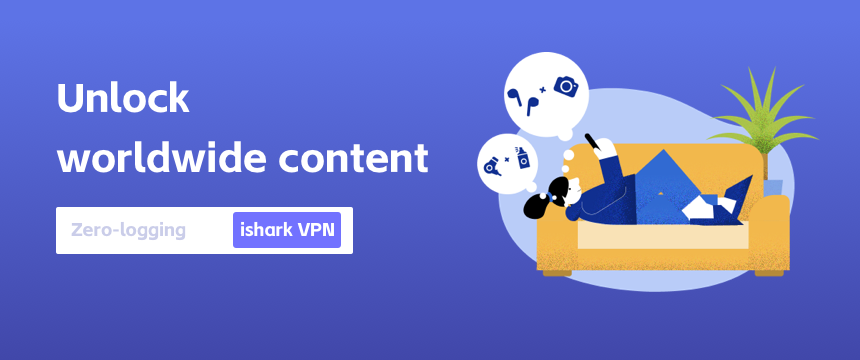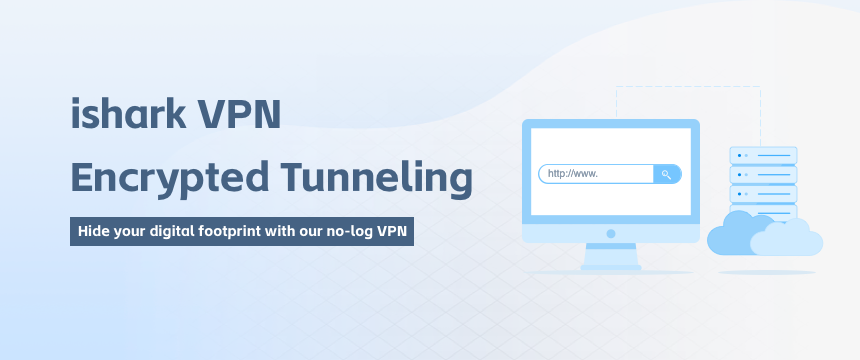Bypassing Internet Censorship: The Role of VPN in Accessing Social Media and News Content
ishark blog article
In some countries or regions, internet censorship policies restrict access to specific social media platforms and news websites.
Such censorship hampers the free flow of information and limits people's access to diverse viewpoints and global news.
However, individuals have found ways to bypass these restrictions and access blocked content using Virtual Private Networks (VPN).
This article examines the situations where access to certain social media and news sites is limited due to policy restrictions, explores the practical effectiveness and risks of using VPN to circumvent censorship, and emphasizes the importance of legal and responsible use of VPN to avoid violating local policies and laws.

Censorship and Restricted Access
In various countries or regions, governments impose internet censorship to control information flow and suppress dissenting voices.
Social media platforms and news websites critical of the government or covering sensitive issues are often targeted for blocking or restriction. Common examples include:
Social Media Platforms: In some countries, popular social media platforms like Facebook, Twitter, and Instagram are inaccessible due to government concerns about information dissemination and potential social unrest.
News Websites: Certain international news websites that report on controversial topics or provide perspectives different from the government's narrative may be blocked to control information flow.
Using VPN to Circumvent Censorship and Access Blocked Content
1. Virtual Location Modification: VPN allows users to connect to servers located in other countries, effectively changing their virtual location. By connecting to a server in a country where the social media or news sites are not blocked, users can access the content as if they were physically present in that location.
2. Encryption for Anonymity: VPN encrypts users' internet traffic, making it difficult for internet service providers and governments to track their online activities. This added layer of anonymity helps users avoid detection while accessing blocked content.
The Practical Effectiveness and Risks of VPN Usage
1. Effectiveness: VPN have proven effective in helping users bypass internet censorship and access blocked social media and news content.
By connecting to VPN servers in unrestricted countries, users can freely browse the internet without restrictions.
2. Risks and Legality: While VPN provide a way to bypass censorship, their use may violate local policies and laws in some regions. Governments may actively block VPN services, and using VPN to access blocked content might result in legal consequences or even harsh penalties.
Emphasizing the Importance of Legal VPN Usage
It is essential to recognize that while VPN are valuable tools for accessing unrestricted information, their use must comply with local policies and laws.
Engaging in illegal activities or using VPN to participate in harmful activities is not only unethical but also undermines the credibility of VPN as a legitimate privacy tool. Responsible VPN usage involves:
Complying with Local Laws: Users should understand and abide by the laws and regulations governing VPN usage in their country or region, using VPN solely for legal and legitimate purposes.
Choosing Reputable VPN Services: Selecting well-established and reputable VPN providers enhances security and reduces the risk of unauthorized access to user data.

Conclusion
VPN technology has emerged as a powerful tool to bypass internet censorship and access blocked social media and news content.
By changing users' virtual locations and encrypting their internet traffic, VPN provide a means for individuals to exercise their right to access information freely.
However, it is crucial to use VPN responsibly and legally, respecting local policies and laws. As VPN technology evolves, individuals should remain vigilant and ensure they use this tool for the right purposes, fostering a more open and informed global society.









